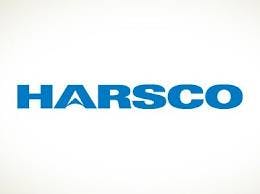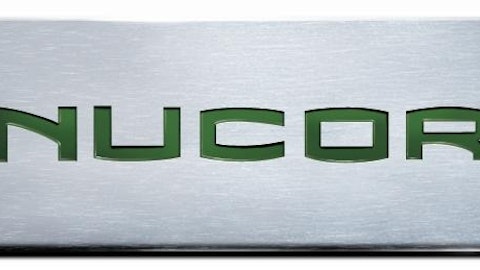
Started in 1926, TMS International is the largest provider of outsourced industrial services to steel mills in North America as measured by revenue and has a substantial and growing international presence. It provides mill services at 81 customer sites in 11 countries and operates 35 brokerage offices from which it buys and sells raw materials across five continents.
Correcting misconceptions
Contrary to what most investors will think, steel production volumes of TMS’ customers are a more important driver of TMS’ earnings than steel prices, as customers typically pay TMS on a fee-per-ton basis tied to production volumes.TMS has also built in certain elements into its contracts to shield itself from the effects of increased operating costs and reduction in steel production volume. These include tiered pricing structures with unit prices increasing to offset any decline in volumes, minimum monthly fees, and price adjustments based on published price indices.
Also, most investors will associate high capital expenditure requirements with the steel industry and might penalize TMS International unfairly. To understand the nature of TMS International’s capital expenditure, there is a need to differentiate between maintenance capital expenditures and growth capital expenditures. Maintenance capital expenditures are tied to equipment utilization and customers’ production volumes and are therefore highly variable. On the other hand, growth capital expenditures are only incurred after TMS International has won new contracts which meet its internal rate of return. Based on management’s definition of discretionary cash, calculated as Adjusted EBITDA net of maintenance capital expenditures, TMS International has doubled discretionary cash production from $54 million in 2007 to $102 million in 2012.
Growth drivers
At its 2012 Fourth Quarter Earnings Call, TMS International estimated that the outsource services market will grow from $2.6 billion in 2012 to $3.8 billion in 2017, driven by increasing demand for operational efficiency and the consolidation of the steel industry. Like their peers in other industries, steel producers are increasingly realizing the need for outsourcing essential non-core services such as the provision of industrial services to reduce costs in light of competition from other steel producers. In addition, consolidation has created bigger and more sophisticated multi-national players in the industry, who are more likely to adopt outsourced industrial services. This is validated by the fact that steel producers in developed markets such as North America and Europe have historically outsourced more industrial services than steel producers in developing markets.
Peer comparison
TMS International’s peers include Harsco Corporation (NYSE:HSC) Corporation and Nucor Corporation (NYSE:NUE). Harsco Corporation (NYSE:HSC) is a diversified, multinational provider of industrial services and engineered products. Nucor Corporation (NYSE:NUE) is a manufacturer of steel and steel products. TMS International trades at 12 times forward P/E, representing a significant discount to its peers. Harsco Corporation (NYSE:HSC) and Nucor are valued by the market at 19-21 times forward P/E. The same is true when the P/B ratio is used. TMS International trades at a P/B of 1.7; while Nucor Corporation (NYSE:NUE) and Harsco Corporation (NYSE:HSC) are trading at 1.9 and 2.5 times P/B, respectively. This undervaluation is unwarranted, given that TMS International delivered a ROE of 9.0% for the trailing twelve months. In contrast, Harsco Corporation (NYSE:HSC) is loss-making for the last twelve months and Nucor Corporation (NYSE:NUE) achieved a trailing twelve months ROE of 6.7%. TMS International and Harsco Corporation (NYSE:HSC) are similarly highly geared with gross debt-to-equity ratios above 100%; while Nucor Corporation (NYSE:NUE) is moderately leveraged with a gearing of 48%. Unlike Nucor Corporation (NYSE:NUE) and Harsco which both sport a 3% dividend yield, TMS International does not pay a dividend.
Conclusion
Despite not paying a dividend, TMS International does not deserve to trade at such a significant discount to its peers, given the fact that it delivered a decent trailing twelve months 9% ROE and is less affected by volatile steel prices.
The article Misunderstood Services Provider Riding on Increase In Steel Production originally appeared on Fool.com is written by Mark Lin.
Copyright © 1995 – 2013 The Motley Fool, LLC. All rights reserved. The Motley Fool has a disclosure policy.
